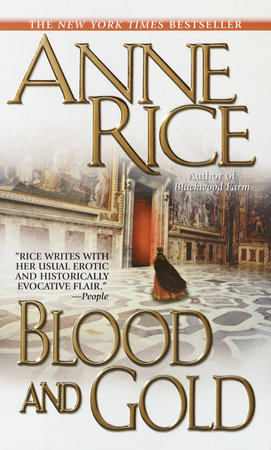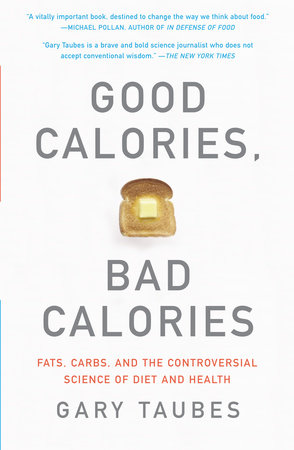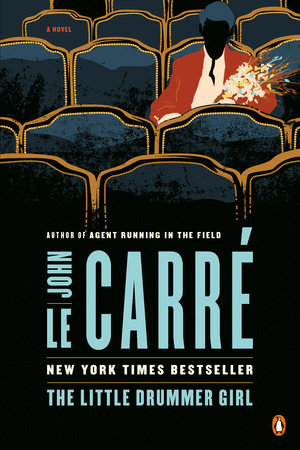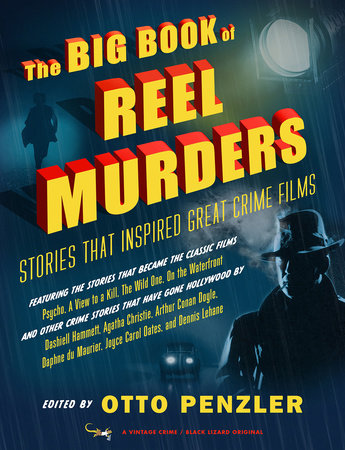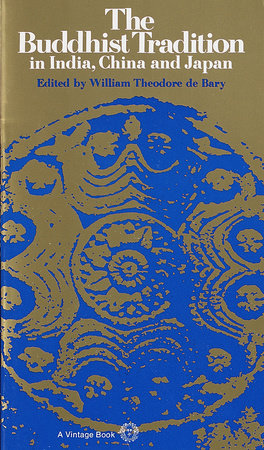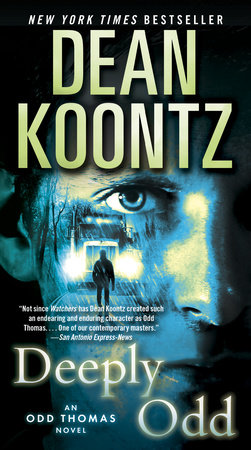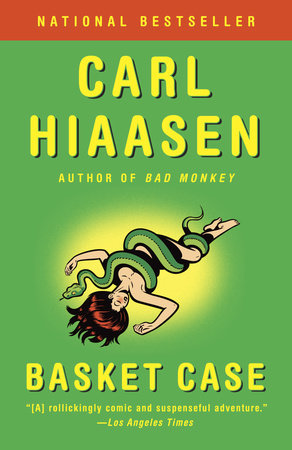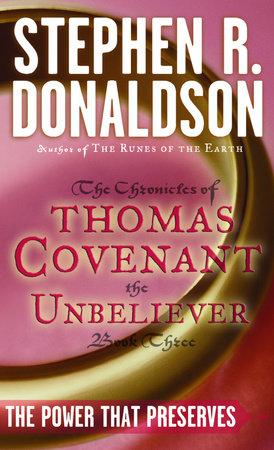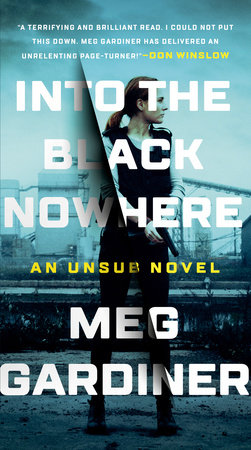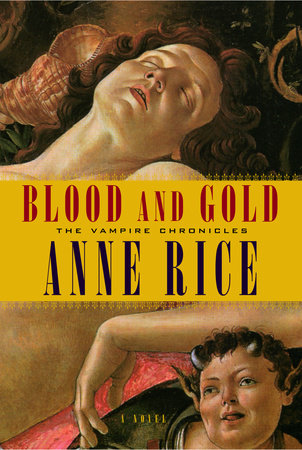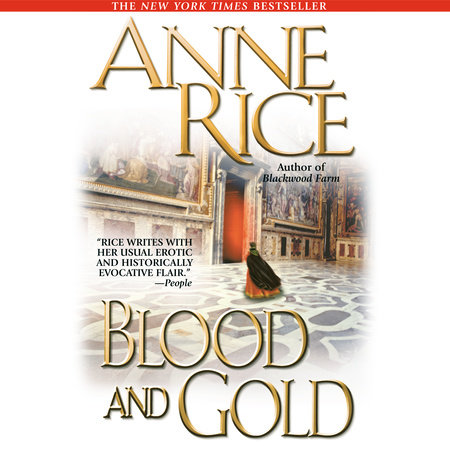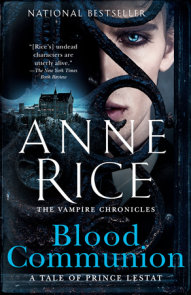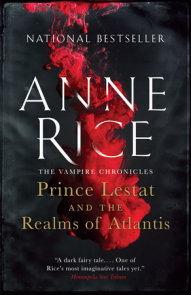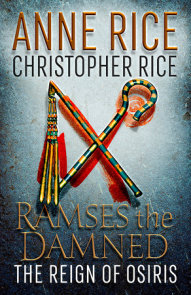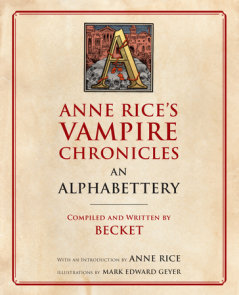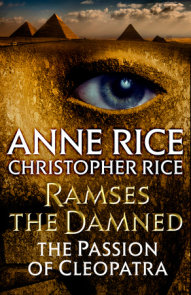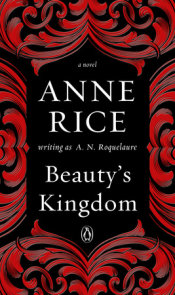Author Q&A
A Conversation with Anne Rice, author of Blood & Gold
Q: Blood & Gold is your eighteenth novel about the vampires. Do you find it difficult to work within the narrative framework established by earlier stories?
A: Actually, it’s a challenge, a real dare. The Vampire Chronicles vary radically in form. Some are tales told to others. Some are written memoirs. Some involve vampires talking directly to us. I feel there is enough flexibility for me to do just about anything that I want. In Queen of the Damned, for example, I worked with whole chapters in the third person, claiming that the Vampire Lestat received the material telepathically from his soul mates and passed it on to us in that form. But for the most part I stick with the heat and intimacy of the first person voice because I love it, along with its obvious drawbacks, and I feel most at home with the puzzles it presents. How do you make a first person narrator handsome and lovable, for instance. I feel I meet that dare all the time.
Q: Do you view your novels as stand alone entities? Will new readers enjoy Blood & Gold even if they are not familiar with your backlist?
A: Absolutely. Each Vampire Chronicle is a stand-alone book. There is enough information in it to make any first-time reader comfortable immediately, and perhaps a little curious about the other books. Blood & Gold is no exception. If anything, Blood & Gold is a bit easier for the first-time reader than, say, The Vampire Armand because Marius is two thousand years old and he begins his memoir in the year 200 AD and follows his own lonely and stark path through the centuries. His great loves, his great losses, his great revelations are all described in rich detail, right up to the point where he becomes the mentor to the Vampire Lestat, sharing the secrets of Those Who Must Be Kept with Lestat, and eventually suffering when Lestat reveals those secrets to the world. But for the new reader it ought to flow easily. The focus is really on Marius himself and his approach to history as well as his existence as a blood drinker and a myth maker.
Q: Marius, Lestat’s beloved mentor, appears in your novels The Vampire Lestat, The Vampire Armand, and The Queen of the Damned. What inspired you to write his story?
A: I was reading through The Queen of the Damned and I felt a new contact with Marius and with the anger he suffered when Akasha, the Queen of the Vampires, rose from her four thousand year slumber and more or less contemptuously deserted him. I felt it was time to go deep into Marius and tell his tale from the beginning—somehow explain the type of love he had felt for Akasha which was really warmer than worship. I knew it would be difficult to live up to the high standard I had set for Marius’ character in the Chronicles and I was exhilarated by it. Marius is the noble Roman, the ethical man of reason, the diplomat, and the undying optimist. I had to get into all that. I felt ready for it. Also, I think I felt challenged by the fact that Warner’s was making The Queen of the Damned into a movie. I wanted to tell Marius’ story before they delivered their version of Marius to motion picture audiences. No matter how detached I try to be from motion pictures of my work, they ultimately affect me.
Q: Marius lives through many periods and in many countries. Which era of Marius’ life did you find most seductive? Which did you most enjoy researching?
A: The Italian Renaissance was my favorite period of Marius’ life, a time during which Marius became a person in the mortal world, a rich Venetian gentleman who paints the walls of his palazzo for his own pleasure, an enigma to those around him. I did a ton of research on the period to make everything as nearly correct as I could. I also enjoyed researching ancient Rome, the Rome of 200 to 50 AD, during which time Marius saw Christianity become the legal religion of the Empire, and also the barbarian sack of the Eternal City itself, a disaster that sent Marius into a long slumber in the shrine of Those Who Must Be Kept from which he didn’t want to wake again to reality. There again, I consult volumes. I had so many books around me when I wrote that sometimes I couldn’t escape from my computer. I had to climb over piles of books. I was stumbling. One day I called my research assistant, Scott, on the phone and begged him to come upstairs and help me find a book that was somewhere at my feet but which I couldn’t find without an archaeological dig. Of course it was all wonderful fun. I want my vampires to move through real history, not some airy realm of half-truths and mistakes and vague generalities. I want the facts, the smells, the colors, the names, and the dates. When Marius meets Botticelli in Florence, I used Botticelli’s correct street address in so as far as history records it.
Q: In Blood & Gold, Marius paints and repaints murals, and his companion Daniel, the interviewer from Interview with the Vampire, creates acres of model cities. What is the role of art in the lives of vampires?
A: Vampires are hyper-sensitive to art. They see color and form with the heightened vision of the perpetually stoned. Art can seduce them as the model cities have seduced the boy, Daniel, who doesn’t know yet how to handle his obsessions. Art can also save them because it offers a continuity that life itself may not offer to a human being. As time passes, brutally deteriorating everything meaningful to a soul, art endures, and grows ever richer and more evocative with the passage of time, so that it comes to seem prophetic in retrospect, or at least timeless in the finest sense of the word. Throughout the Vampire Chronicles, art has been key. But Marius laments that though he has lived fourteen hundred years, he cannot create art to rival that of Botticelli. He falls in love with the man and must separate himself from the man lest he hurt Botticelli and thereby affect Botticelli’s destiny. Maharet, the ancient one, weaving her red hair into a thread and that thread into chains, is in a sort of thrall as well, much like that of Daniel with his model cities. Weaving comforts Maharet. Marius at various stages in his long life is comforted by nothing.
Q: How does humor work in your narratives?
A: Humor is spontaneous with me. It just happens and I don’t try to repress it. I have a wild sense of humor and sometimes I have to avoid the satirical side of what I am writing. I have to not sacrifice the finer feeling to the humor of the moment. But in general I let my humor come out with certain characters more than other. Lestat, for example, has a profound sense of humor and a blasphemous sense of humor. Marius is more serious, and more tragic.
Q: Marius believes that anger is weakness. Do you believe this?
A: Yes, I believe that anger is weakness. Marius is one of those characters who for the most part expresses ideas which are mine. I couldn’t have an in-depth relationship with Marius if he didn’t express my ideas, and I do feel that anger distorts, weakens, and warps. You have to reach beyond anger for a finer sense of a situation before you respond, or make a move. Marius has a terrible temper and so do I. Marius ruins two moments of his life with anger, and possibly even more. But I don’t want to give away the plot.
Q: Memory is crucial for vampires, who are immortal. How is memory important for us mortals?
A: Memory is essential to the attaining of wisdom. There is no wisdom without memory, because there can be no perspective and no deep learning without memory. One has to profit by experience and observation in order to become wise, and memory is the keeper of all fine experiences and observations, memory is the index, the table of contents, the full library. Without memory, one runs the risk of being simplistic and flippant.
Q: Can you give us an update on the progress of film and television projects of your work?
A: For once, there is much to report. A mini-series based on The Feast of All Saints will appear on Showtime in November. After that it will appear on ABC. It will be four hours, and spread over two nights. I’ve seen it and I think it’s lush and sensuous and very faithful to the book, and that readers will love it. It’s top notch, and Showtime has spared no expense. I visited the set when they were shooting. I was rocked. John Wilder, the scriptwriter and executive producer, did a fantastic job of adapting the book to the four-hour format.
The Queen of the Damned, a feature film based on The Queen of the Damned and The Vampire Lestat, is scheduled for release by Warner Brothers on February 15, 2002. I have not seen it, but it does seem to be engendering considerable excitement. Stuart Townsend, the young Englishman who plays Lestat, is very appealing and a very fine actor. There are other impressive names in the cast.
We are presently in negotiations with regard to “Earth Angels,” a new series that we are developing for television, about a group of big-city based angels who work undercover on earth to fight supernatural evil in all its forms. The series is based on an original concept created by me. I’m extremely excited about it.
We’re also in negotiations with a producer and a network with regard to making a long miniseries out of The Witching Hour, Lasher, and Taltos. The present discussion involves a plan for 12 hours of TV time. I’m very excited here as well. I like everyone as well, and want for John Wilder to do the script. I feel that after what he did with The Feast of All Saints, he can do a bang-up job.
I’m also happy to report that Ramses the Damned (The Mummy) is also in development. It’s owned by James Cameron, and a new screenwriter was recently hired. I’ve spoken with her and found her pleasant. Again, I’ve got high hopes.
